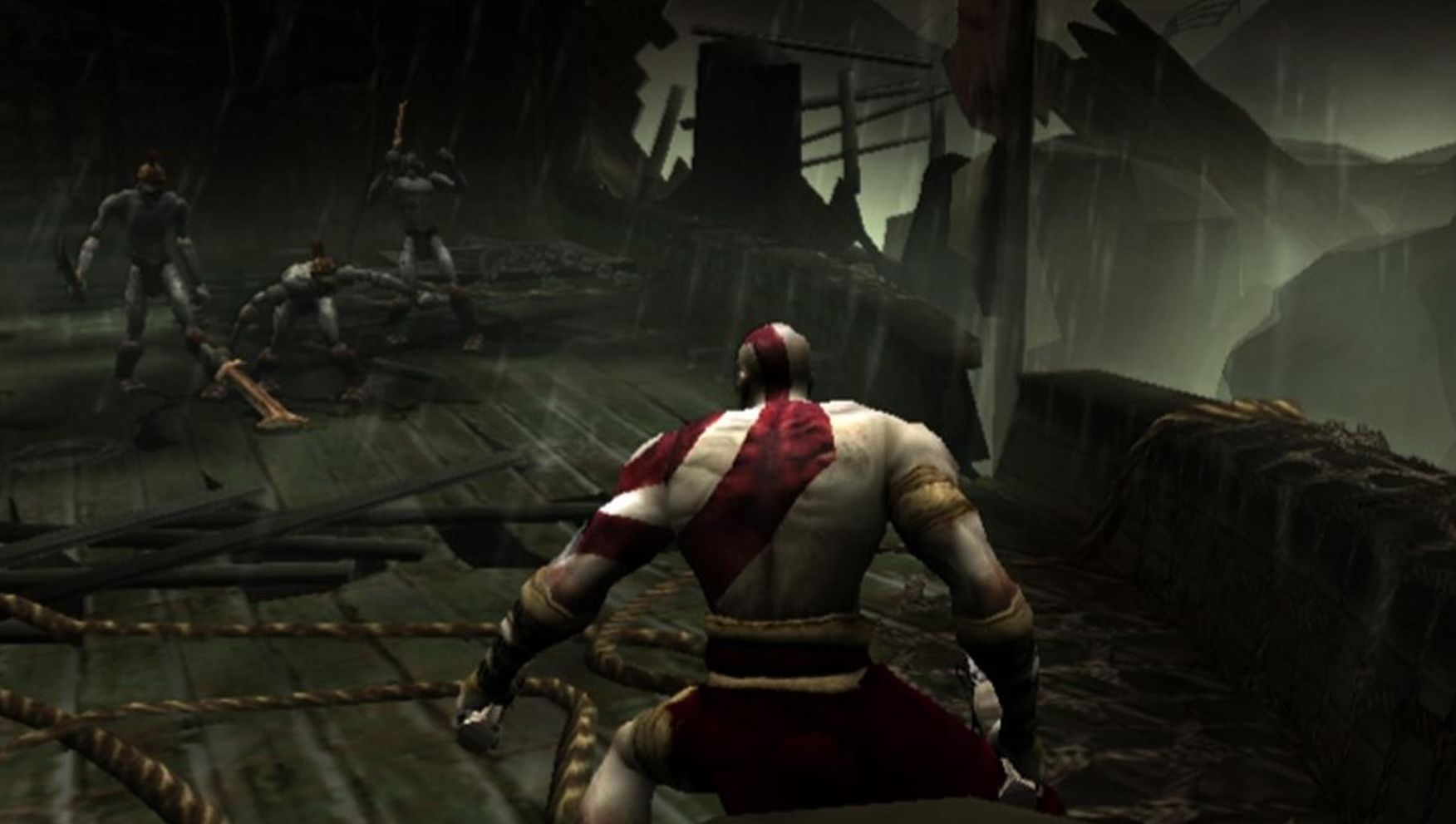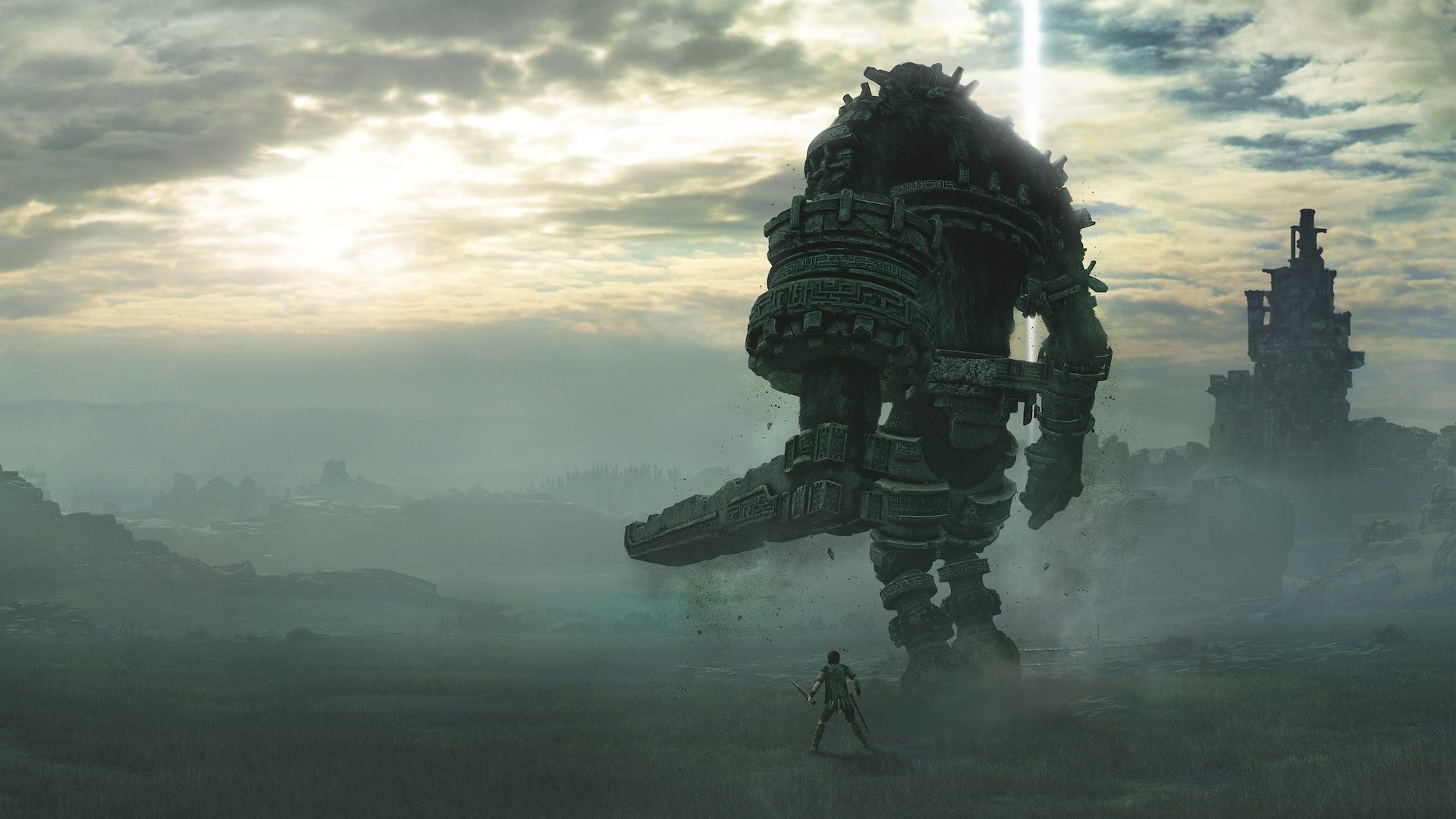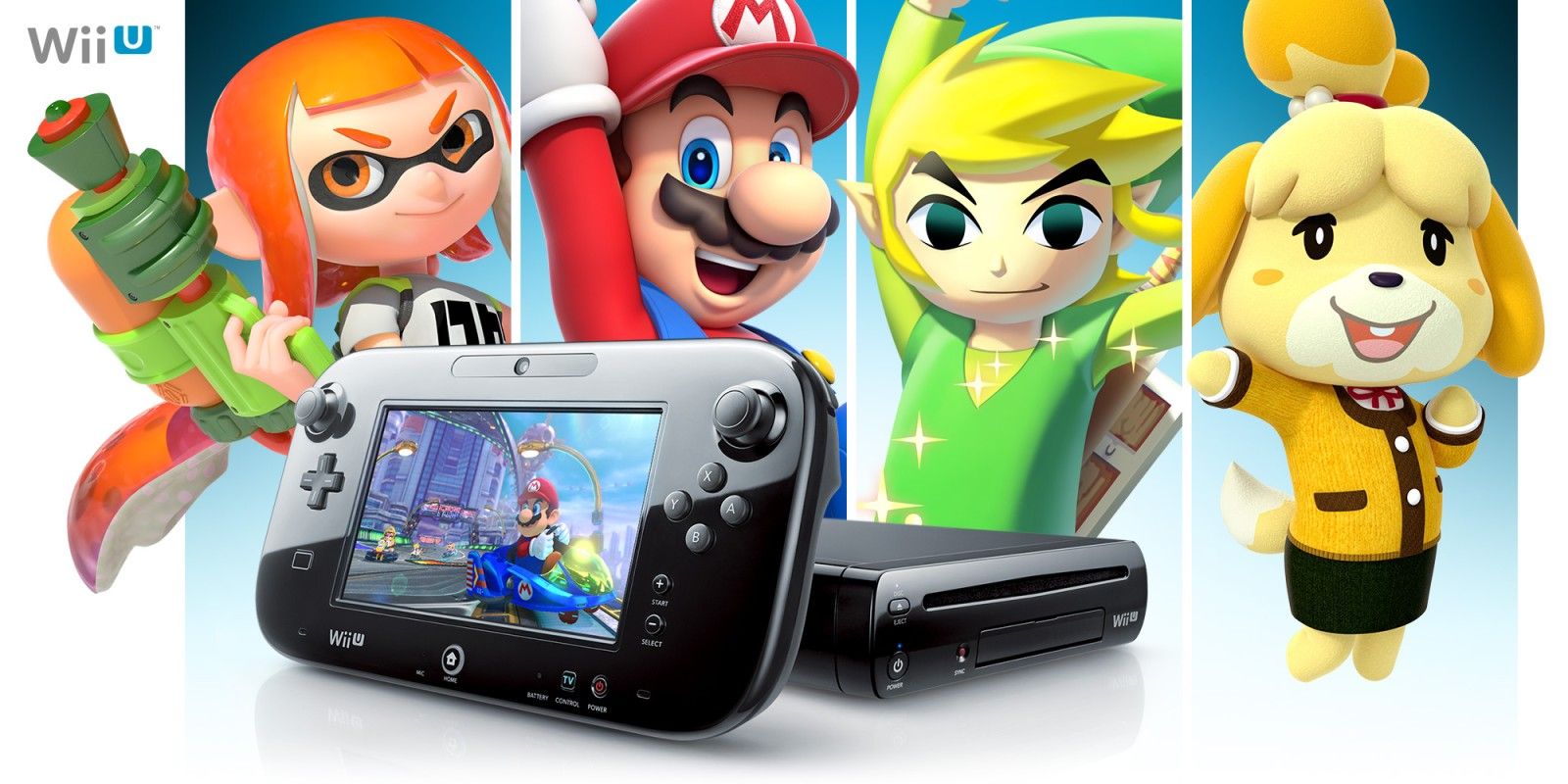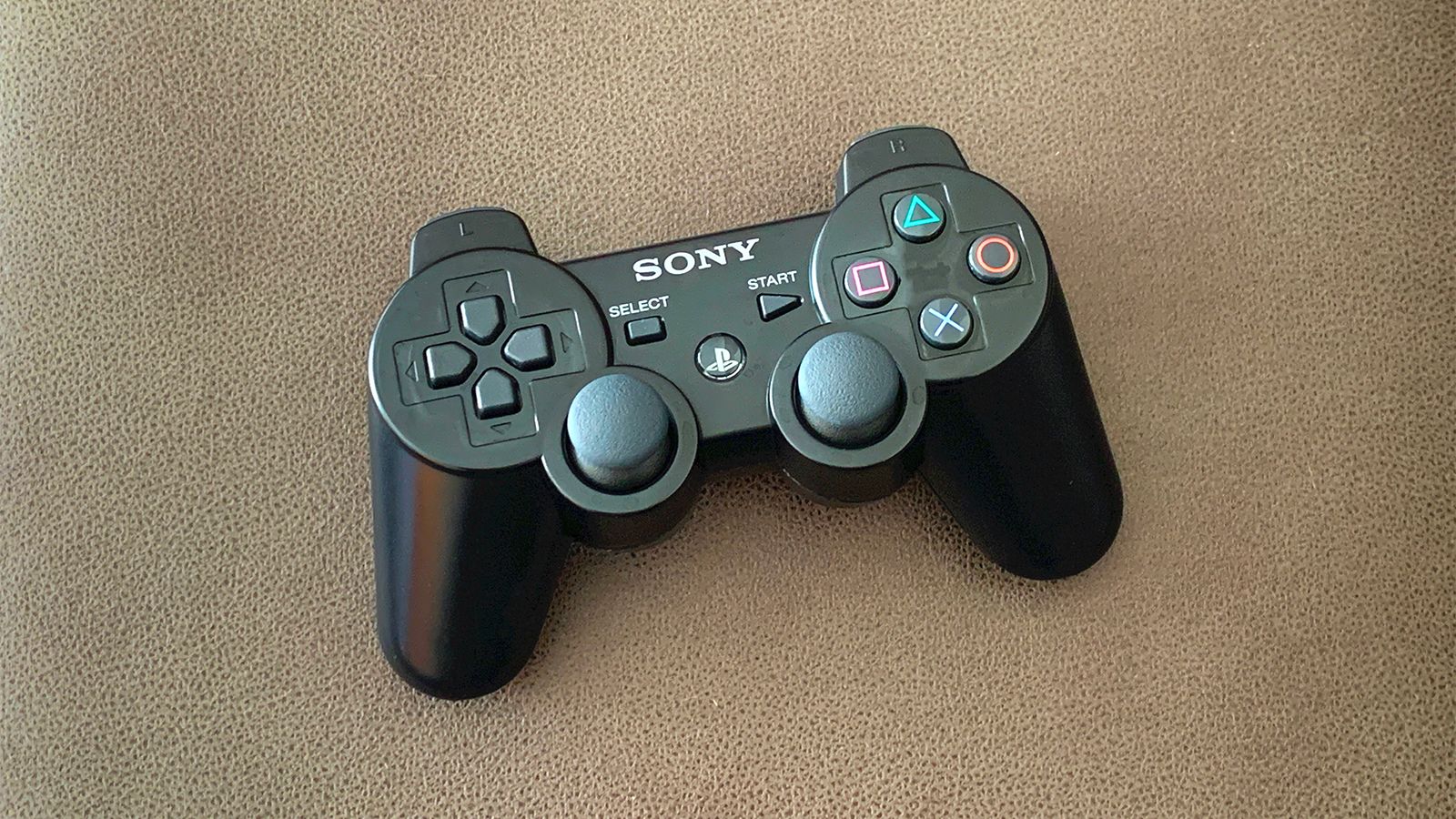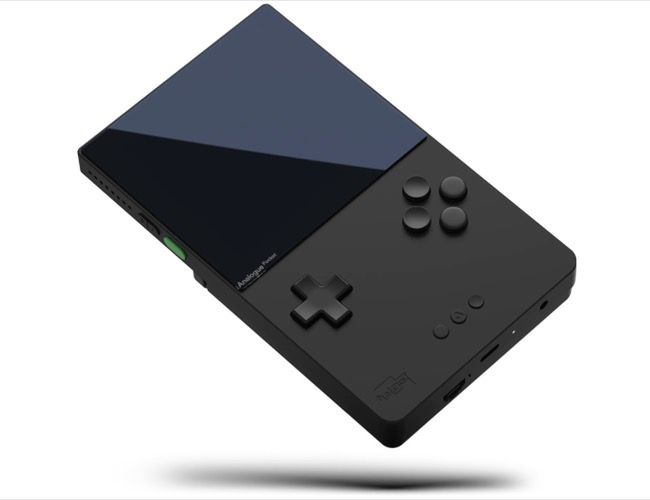Key Takeaways
- Many classic games remain stranded on old hardware, making old consoles essential for playing those iconic titles.
- Remasters and ports may alter how a game looks and feels, making original releases often better options for authentic experiences.
- Modding old consoles breathes new life into them, enabling emulation, fan-made content, and online play.
One dirty secret of console gaming is that old hardware collects dust in closets once retired. While it’s understandable that some people decide to sell off their old consoles to save space, I think you should hang on to them. Here’s why.
Many Games Haven’t Received Modern Releases
There’s never been a larger influx of ports than in recent years, partially because the long development cycles for new games leaves lots of dead air to be filled. However, most of gaming’s history remains stranded on past hardware.
There are entire franchises considered to be classics that have been unavailable for generations. Take God of War, for example. Given the immense popularity of its dad-ified rebirth with the eponymous 2018 reboot, it’s easy to forget that the original series (save a remaster of the third game) hasn’t been available on any platform since PlayStation 3. As PlayStation 4 and 5 don’t have cross-compatibility with their forefathers, the only way to play the iconic Greek trilogy is by plugging in an old console.
While I cherry-picked God of War as a particularly noteworthy example given its recent entries have skyrocketed the series’ popularity to new heights, the same issue permeates franchises of all shapes and sizes. First-party efforts are most subject to this abandonment as there’s typically no native PC alternative to fall back to. Even franchises that you might not expect fall prey to this, like Mario and Zelda releases on the DS and 3DS.
Xbox fares a bit better given Microsoft’s initiatives to make old libraries backward compatible, though there are still many games that didn’t make the cut, including most of the original Xbox’s library. This is to say that even in the best-case scenario, only a selection of older games are made available to modern gamers.
Cartridge-based generations are filled with titles that have never seen the light of day since their initial release, and many of these can be expensive if they’re not already in your collection. This is where products like EverDrive cartridges become essential, providing a base upon which you can play legally dumped ROMs on original hardware.
Products like this offer an authentic experience at a fraction of the cost of some of the rarest titles. They also reduce the effort of switching cartridges and the physical toll it can take on the games when doing so. EverDrive cartridges for handhelds are becoming a necessity for preserving libraries as old cartridge batteries are quickly dying out.
Handhelds are perhaps the gaming devices that are most essential to hold on to. Their form factor means that games render at low resolutions and in some cases utilize features like touch screens that aren’t easy to emulate well. Thus, most games will play best on the handheld they’re designed for. Just make sure to properly care for them by removing batteries when not playing to prevent damage.
Remaster and Remake Doesn’t Always Mean Better
Ports, remasters, and remakes make old games more accessible but usually come with a series of caveats. These can include increased input latency, incorrect aspect ratios, art style alterations, and mechanical or balancing changes that alter the game’s feel (among others). I recommend keeping your options open so that you can return to the original releases.
A prime example of a one-for-one remake that was beautiful in its own right but by no means supplanted its original release is Shadow of the Colossus on PlayStation 4. It’s an undeniably gorgeous game—especially in how it renders the titular colossi—though some of the melancholic artistic touch of the original was lost in the redrawn, higher fidelity visuals. Additionally, it streamlined the controls for modern sensibilities, rubbing some fans of the original the wrong way. It’s still a wonderful game, but it simply doesn’t replace the original. If you have a PlayStation 2 on hand, you get to make the choice of which best suits your tastes.
We can similarly apply this to Pokémon and its ongoing series of remakes. Putting aside perceptions of quality (good or bad), these new versions of early generations provide very different experiences, particularly with the advent of 3D graphics. These are essentially entirely different games, yet their existence has made Nintendo reluctant to make the originals available by any means other than decades-old handheld technology.
In fact, the first generation of Pokémon has been remade twice, which leaves the middle siblings of Fire Red and Leaf Green—often considered the best rendition of the generation—to languish on Game Boy Advance two decades after their initial release.
Ports can also be tricky to get right. The many HD Final Fantasy ports released by Square Enix are fine but often lack effects that were only possible on original PlayStation hardware or, in the case of the Pixel Remaster series, redrew the sprites. There’s also a clash of higher resolution 3D assets that clash with low-resolution backgrounds, something CRTs covered over with scan lines in these games’ heyday. If you happen to have a CRT, holding onto old consoles will allow you to play games from eras designed around such displays.
There are endless examples I could provide (high input latency in fighting game ports has been a consistent issue, for example) but I don’t want to come across as slagging efforts to bring aging games to modern audiences. But if you’re a stickler for authenticity, there are a plethora of cases in which keeping old consoles (and old TVs, if you really have the space) remains the best way to achieve your desires.
Modding Breathes New Life into Consoles
I should preface this section by noting that I’m not much of a modder myself. However, it’s a key capacity in which people keep their erstwhile consoles relevant. It provides ways to alter existing games with fan-made content, sideload games, play on fan-hosted servers, and turn these boxes into emulation powerhouses.
You’ll want to do your own research on exactly what these modding processes entail, but the good news is that for some consoles you don’t even need to mod anything in order to enjoy some of this functionality. For example, booting your Xbox into Developer Mode (which requires a one-time activation fee of $20) allows you to run emulators like RetroArch, though you’ll need to return to retail mode in order to play your native game library. Further, Pretendo offers both 3DS and Wii U fan-run servers for the most popular games on older Nintendo platforms, and the Wii U version only requires some ISP manipulation to get running.
Of course, things can go wrong when modding a console, even with the most trusted software. It’s typically a low risk, but one you should understand before beginning the process. My recommendation would be not to begin this process on any console you’d be sad to potentially lose.
Which Consoles Are Essential to Keep?
There are many factors that determine which consoles are most worth keeping for any individual. Here are some specific consoles that are particularly valuable to have on-hand.
First up, if you have an early PlayStation 3 model (yes, the one that was infamously $600), it’s also capable of natively running PlayStation 1 and PlayStation 2 discs. This functionality was removed from later models to reduce cost. While the modem may require extra upkeep compared to later models, you’ll be saving a lot of space by essentially having three consoles in one. It’s not worth getting this at a high second-hand markup, but if you own it, you’ve got gold on your hands.
Early 3D consoles like the Nintendo 64 and PlayStation are also keepers as many of the graphical flourishes they achieved in-game (such as fog in Nintendo 64 games) are notoriously imperfectly replicated by emulation. Consoles of this era and prior are simply fun to use. Slotting in cartridges and playing on controllers that pre-date design homogenization makes gaming feel truly retro. To this same end, the Wii is probably worth keeping for its singular take on motion controls.
On the handheld front, the Nintendo DS and 3DS lines—as well as the Vita, which is particularly beloved by the modding community—are worth retaining in your collection as they provide unique gaming experiences that we may never see again. Dual screens, autostereoscopic 3D, cameras, rear touchpads, and so on are interesting products of their time which will only make them more so as stand-alone handhelds are all but a thing of the past. As previously mentioned, these features also make emulation of games that utilize them difficult. In other words, these handhelds will never be obsolete.
An Analogue Pocket is worth considering as a catch-all for older handhelds if you want to consolidate your hardware collection. It uses an FPGA chip to virtualize original hardware boasts a beautiful screen, cartridge adapters for different handhelds, and a suite of features to customize your experience. It’s definitely not a cheap investment but one to consider as a worthy alternative.
As long as you have the space to store them and a willingness to maintain them, holding on to your old consoles is a great way to keep your gaming options open and return to titles that may never see a modern release. It’s also great for those moments when you want to take a trip down memory lane. It may seem like a burden to keep your closet filled with gaming devices for the moment, but it’ll pay off with time.


